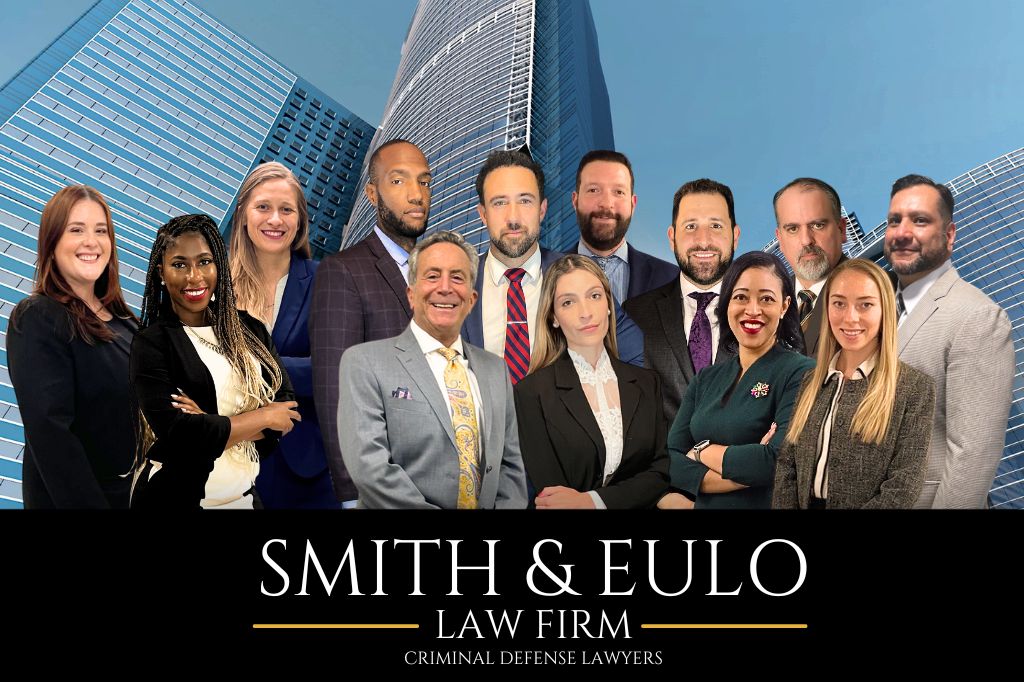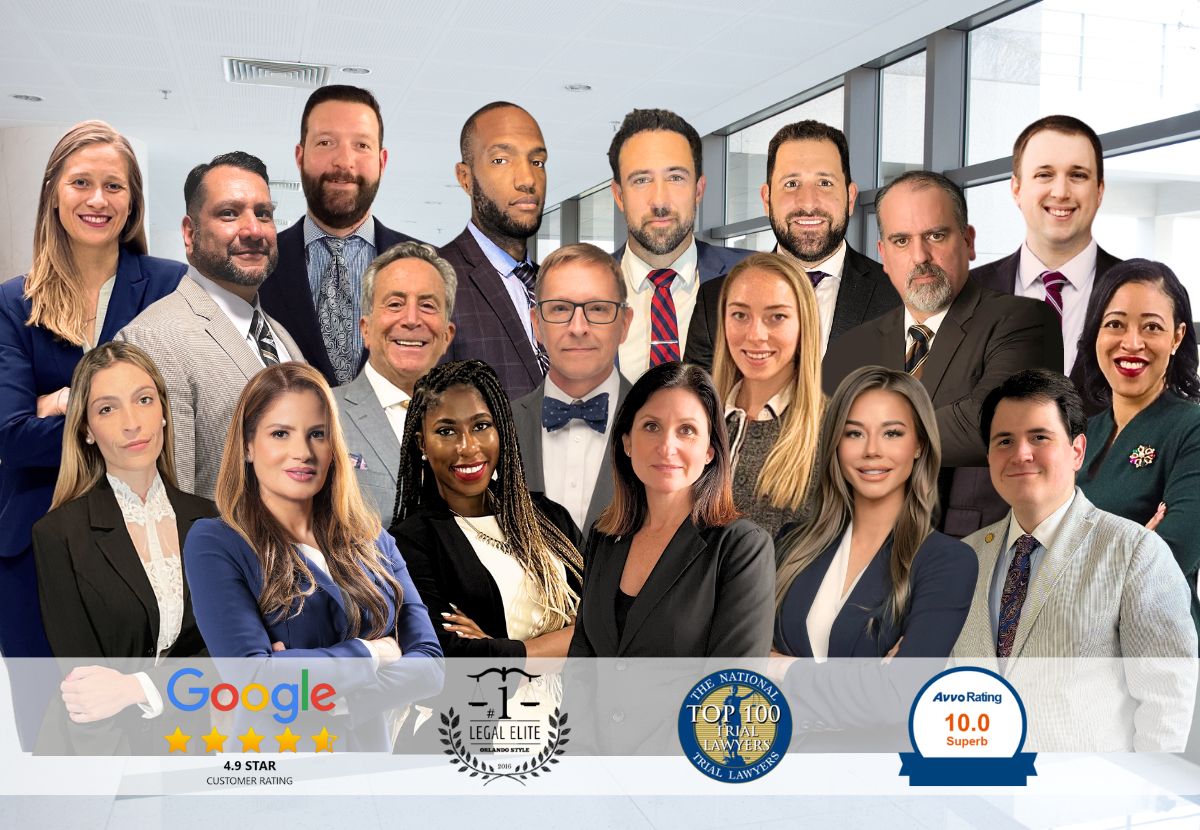Events occur in life that no one expects. You can be on any side of a conflict or disastrous incident and having proper legal representation to help and guide you through the aftermath is extremely important. If you are meeting with a defense lawyer for the first time, the following article will tell you in a nutshell what you can expect and the steps that will make your journey a bit more organized and manageable.
Sharing Is Important
Your defense lawyer will ask you to share the details of the incident or events that have happened in your case but this may be done over quite a few meetings. Initially, at the first meeting a client information document or sheet is filled out and some preliminary questions are asked which will be elaborated at a later date.
There is a principle of attorney-client privilege so any information that is shared particularly the sensitive kind will not leave the office as per the law. Any recording devices if used are required to be cleared by the client (which is yourself) first.
There are other factors at work regarding a lawyer needing accurate biographical data as they need to register with courts, and also coordinate with institutions regarding getting your evidence and records sealed or erased. Having a high level of specificity when it comes to the possible evidence that may or may not exist against you or indeed in your favor, can help a lawyer do their job all the more effectively.
Bear in mind that while you are allowed to bring a few family members or friends with you for moral support, the initial meeting with the defense lawyer shall be conducted one-on-one to get through all the facts and bare bones of the case without outside intervention.
Many defense lawyers prefer one-on-one meetings for legal reasons such as not having a third party overhear details of the case so they cannot be used by the prosecution as second-hand witnesses and so forth. If the incident involves you and a friend or family member then discussions will take place separately in privacy.
Go In As Prepared As Possible
It is never recommended to go empty handed to a defense lawyer’s office for the first time you are meeting them as this limits their ability to help you. Take basic identification documents and information with you (written down if you do not remember things like social security numbers) and any evidence or knowledge of evidence you have. The latter can include a phone, a social media account, or a witness testimony if that is available to you.
It is imperative however that you do not delay seeking legal counsel and representation so even if you do not have most of the pieces of the puzzle, start the process of getting them and get yourself down to the office.
Informing your defense lawyer of where they can secure vital evidence pieces like witness testimony can help them immensely. If you were under the effects of drugs or intoxicants during the incident, then you need to immediately get yourself sober and write down or audio record whatever you remember since your memories will fade fast. The same applies if you had any kind of injury or are under the effect of painkillers and heavy medication.
Time & Preliminary Milestones
Your first talk with Orlando, FL Criminal Defense Lawyers will last upwards of an hour or less. In the initial meeting the lawyer assigned to your case will lay down the modus operandi they will use for the courts and to fight the prosecution. This plan is rarely final at this stage as new information is always making itself known as the trial wears on, so the plan may also change with it. Your lawyer will always consult you before agreeing to anything and is legally obligated to keep you in the loop as best as they can.

Your lawyer may make some suggestions in your best interest such as considering community service or settling the case out of court and while you can absolutely refuse, always take time to think over your options. Good defense lawyers have years of experience fighting cases in the courts and they are aware of a great number of legal loopholes that can reduce the severity of your sentence or penalty should the prosecution make a strong case. Considering all avenues is vital when you consult a defense lawyer so keep a notepad with you or ask for note paper so you can write down anything you want to research on your own.





